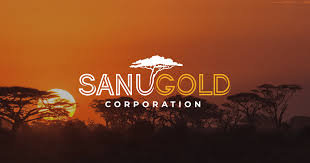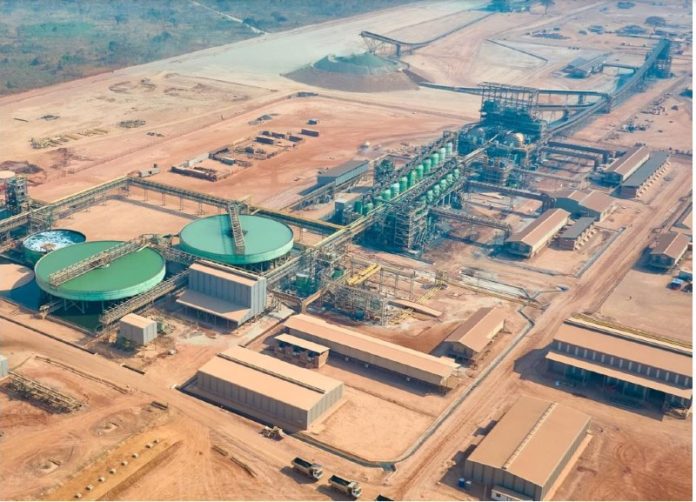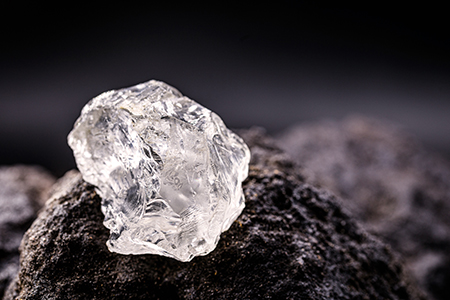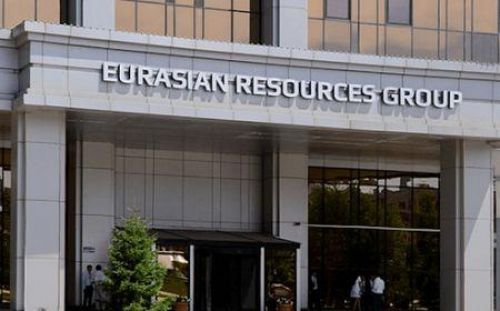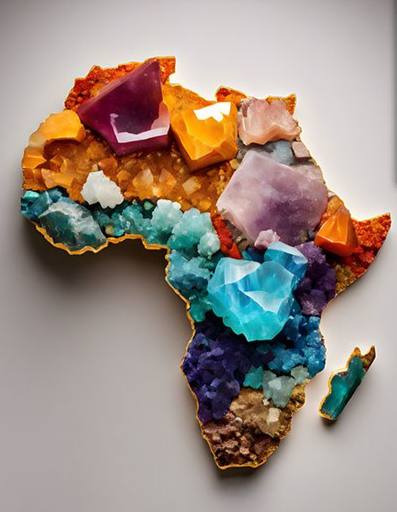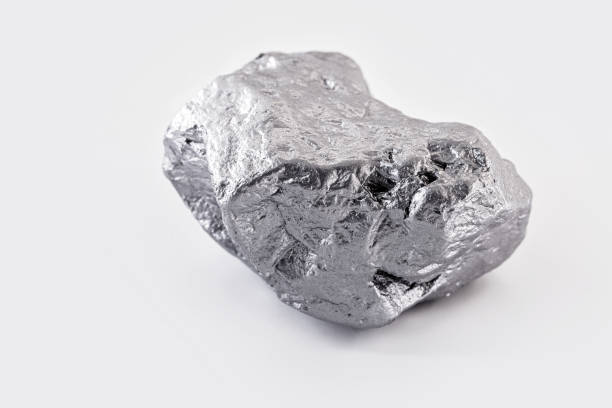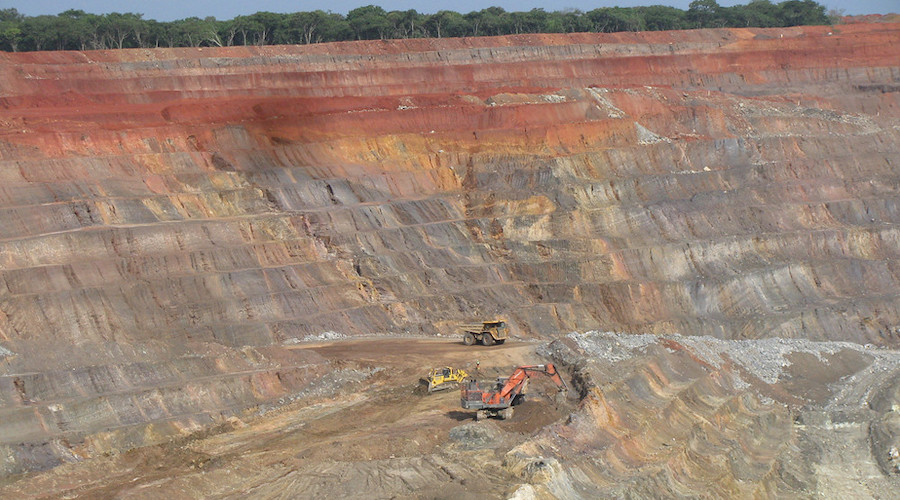Base Metals

Kenmare Resources urges decision on Mozambique rights renewal
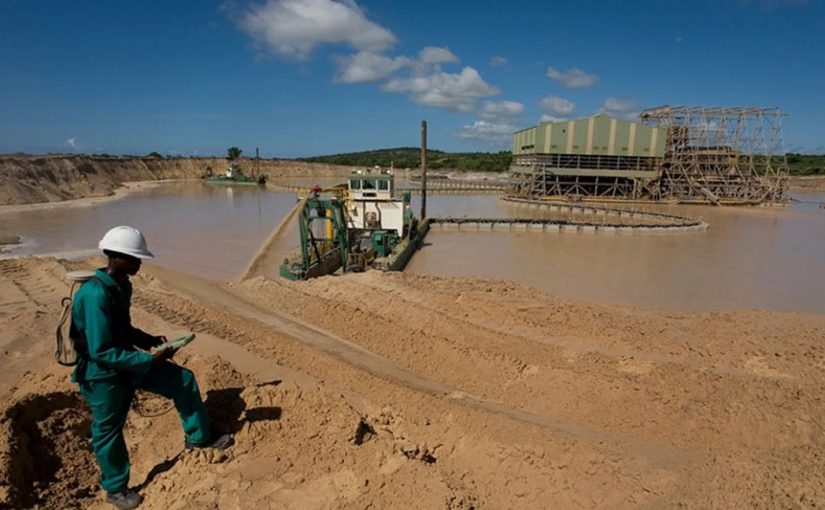
Titanium miner Kenmare Resources said today it could seek arbitration over delays to an extension of its mining rights in Mozambique.
The Dublin-headquartered company owns the Moma Titanium Minerals mine on the north-east coast of Mozambique, mainly producing ilmenite.
The mineral is a source of titanium dioxide used mainly in industrial paints and coatings as well as in electronic equipment, packaging, pharmaceuticals and cosmetics.
Kenmare said it has been in inconclusive talks with the Mozambican authorities since 2022 to renew a 20-year mining and export agreement that lapsed in December 2024.
“We are concerned at the continued extension of this process,” Kenmare managing director Tom Hickey said in a statement.
“While we remain hopeful of a successful conclusion to negotiations, we reserve the right to safeguard Kenmare’s contractual entitlements, up to and including arbitration, if an agreement cannot be reached,” he added.
Mr Hickey told Reuters in an interview that the royalty rate was a major hurdle in agreeing new terms.
“We’ve been told, when this agreement went to the Council of Ministers back in March, the royalty was the principal sticking point,” Hickey said. “We have made a proposal that we hope will be seen as satisfactory to address that, but we just want a conclusion,” he added.
The Mozambican government was not immediately available to comment.
Kenmare’s proposals include a phased increase in the royalty rate from 2.5% in 2025 to 3.5% over the course of the 20-year agreement, a withholding tax on payments to non-Mozambican suppliers as well as further capital investments and contributions to community development projects.
Kenmare today reported $160m of mineral sales in the six months to June 30, a 3% increase on the same time last year.
Weak prices in an oversupplied market slashed its half-year profit by 71% to $6.1m, while its adjusted EBITDA fell by 25% to $47.2m on the back of higher operating costs.
It also reported an impairment loss of $100.3m for the first half of 2025, mainly due to lower projected future revenue assumptions associated with an uncertain pricing outlook.
The company said that demand for its ilmenite remains strong, supported by a stable global pigment market and consistent growth in the titanium metal market.
It also continues to experience solid demand for its high-quality zircon, although the wider zircon market remains subdued, it added.
Kenmare said its board has recommended a 2025 interim dividend of 10 cent per share, adding that it remains well capitalised to fund its development project and future shareholder returns.
For the six months to the end of June, it reported Heavy Mineral Concentrate (HMC) production of 670,600 tonnes, up 2% on last year, due to higher ore grades which offset lower excavated ore volumes.
Total finished product production of 500,800 tonnes in the first half of the year was also 2% higher year on year, due to increased HMC processed.
Its total shipments of 488,900 tonnes rose by 2% compared to the same time last year.
Kenmare said shipments were boosted by a strong performance from its marine operations in the first quarter of the year, which was then offset by a weaker second quarter.
Kenmare’s Managing Director Tom Hickey said that as the company progresses further into the third quarter of 2025, it remains on track to achieve its 2025 production and cost guidance.
Mr Hickey said that shipments are expected to be stronger in the second half of the year and the company are progressing an opportunity to supplement shipping capacity further by renting a third transshipment vessel.
He noted that demand for Kenmare’s products remains encouraging and ilmenite prices in the first half 2025 were only marginally below those of second half of 2024.
“As announced in our Q2 and H1 Production Report, we have taken the decision to lower our longer-term pricing assumptions, which has led us to recognise a non-cash impairment of just over $100m on our assets,” the CEO said.
“This is a non-cash charge, with no anticipated impact on our operations, projects or financing facilities, or the company’s ability to pay dividends,” he added.



